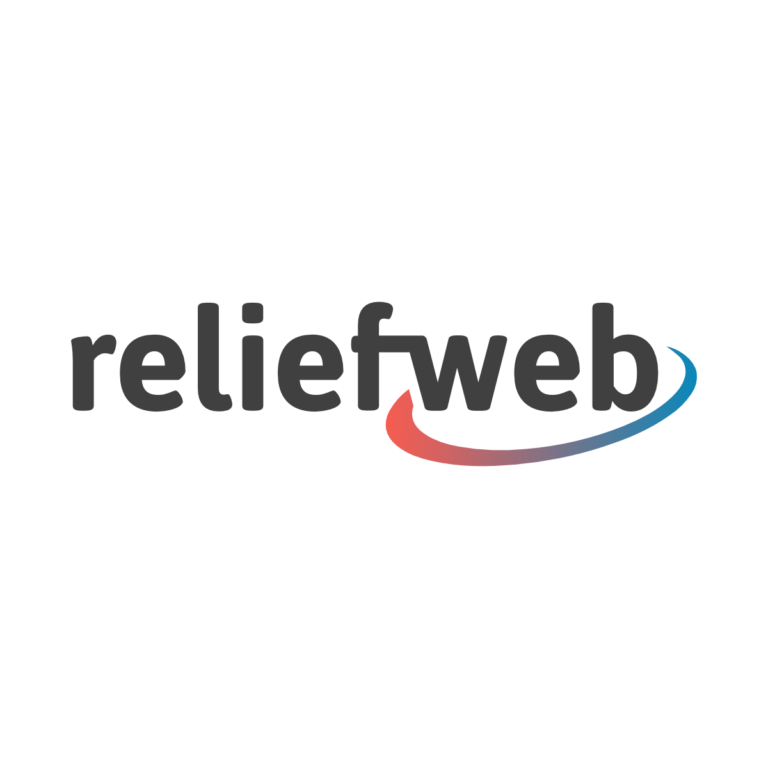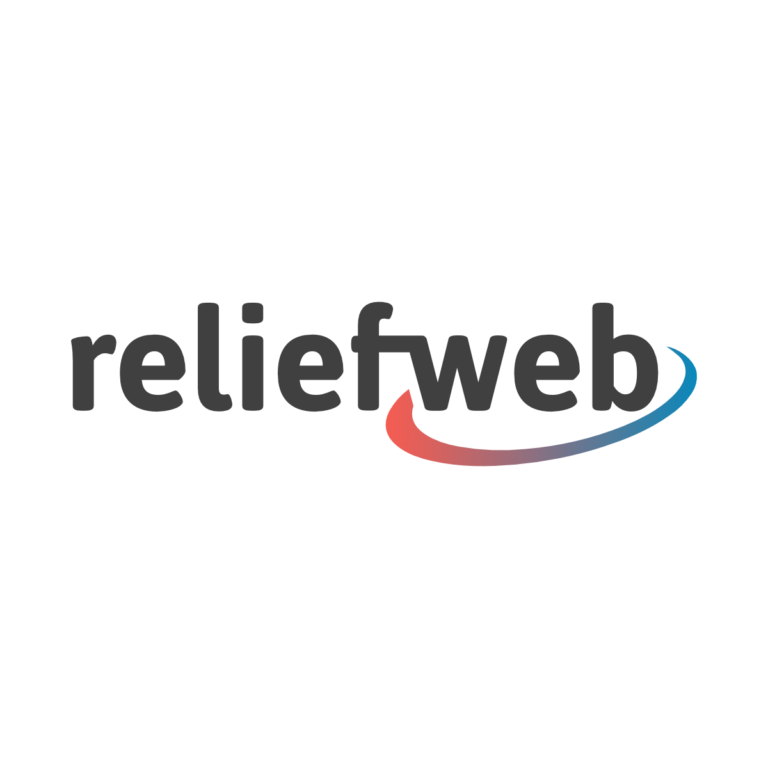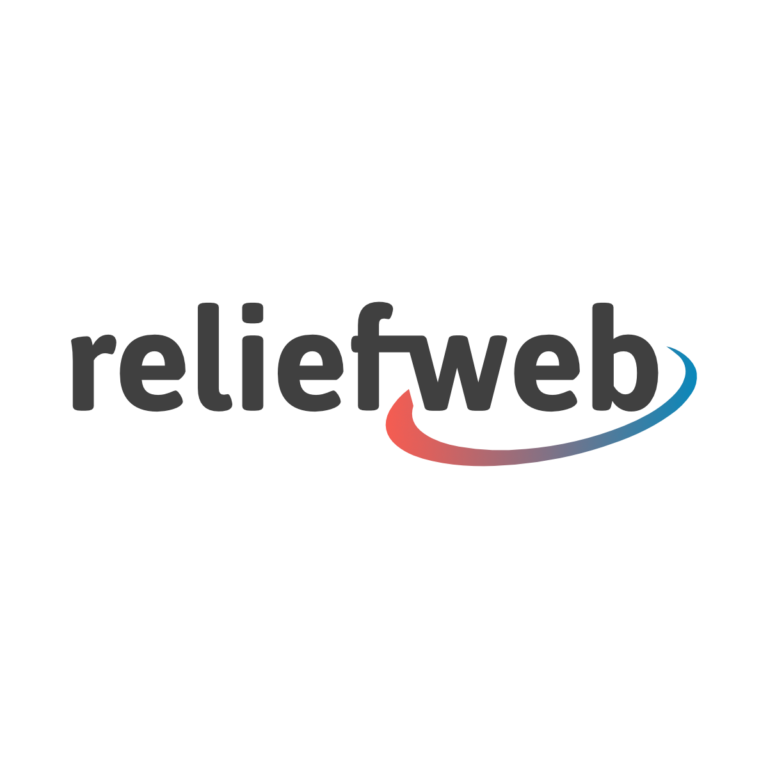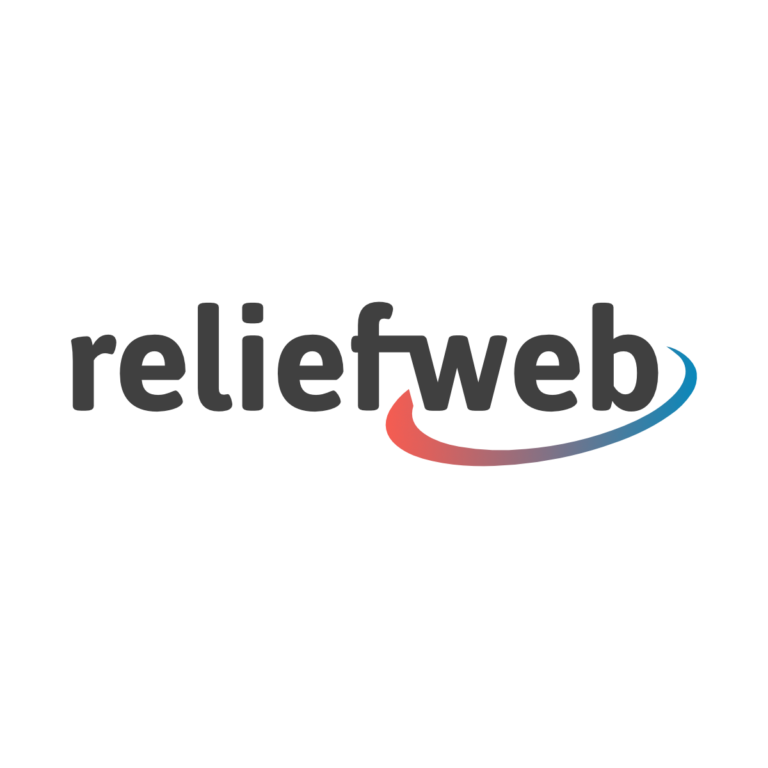ALIMA, the international medical NGO with a human face, which places the co-construction of projects and career paths at the heart of its model
THE ALIMA ASSOCIATION
The ALIMA SPIRIT: ALIMA’s purpose is to save lives and provide care for the most vulnerable populations, without any discrimination based on identity, religion or politics, through actions based on proximity, innovation, and the alliance of organizations and individuals. We act with humanity and impartiality in accordance with universal medical ethics. To gain access to patients, we undertake to act in a neutral and independent manner.
Our CHARTER defines the VALUES and PRINCIPLES of our action:
- Patient First – Patient centered medical care
- Revolutionizing humanitarian medicine through research
- Responsibility and freedom: encourage decision-making by those closest to patients
- Commitment to a dynamic of continuous quality improvement
- Creating a climate of trust among colleagues
- Collective intelligence
- Environmental liability
ALIMA promotes and defends the principles of fundamental human rights. ALIMA has a zero-tolerance approach to those guilty of acts of gender-based and sexual violence as well as to inaction in the face of alleged or proven acts of violence. Protecting the people who benefit and are impacted by our intervention is our top priority in everything we do. Anyone working with ALIMA is committed to :
- Respect the charter, the code of conduct, institutional policies including the policy of protection against abuses of power and gender-based and sexual violence, the policy of preventing corruption and fraud ;
- Report any violations to policies, framework documents and proceedings to a superior, referral
CARING – INNOVATING – TOGETHER :
Since its creation in 2009, ALIMA has treated more than 7 million patients. Today ALIMA works in 12 countries in Western and Central Africa. In 2020, we developed 41 humanitarian medical response projects to meet the needs of populations affected by conflict, epidemics and extreme poverty. All of these projects support national health authorities through nearly 357 health structures (including 45 hospitals and 312 health centers). We work in partnership, especially with local NGOs, whenever possible to ensure that our patients benefit from the expertise wherever it is, whether in their country or the rest of the world. In addition, to improve the humanitarian response, we are carrying out operational and clinical research projects, particularly in the field of the fight against malnutrition and hemorrhagic viral fevers. ALIMA is also leading operations in response to the covid-19 pandemic across all of our missions.
ALIMA’S TEAM: More than 2000 people currently work for ALIMA. The field teams, as close as possible to the patients, receive their support from the coordination teams generally based in the capitals of the countries of intervention. These receive support from the 4 desk teams and the emergency and opening service team based at the operational headquarters in Dakar, Senegal. The Paris and New York teams are actively working on fundraising as well as representing ALIMA. The rest of the ALIMA Galaxy includes individuals and partner teams who work on behalf of other organizations such as medical NGOs BEFEN, ALERTE Santé, SOS Médecins / KEOOGO, AMCP, research organizations PACCI, INSERM, Universities of Bordeaux or Copenhagen, the NGO Solidarités International and many others.
COUNTRIES WHERE WE WORK: Mali, Burkina Faso, Central African Republic, Nigeria, Niger, Chad, Democratic Republic of Congo, Cameroon, Guinea,South Sudan, Mauritania & Sudan.
THE WORK WE DO covers: Primary and Secondary Health Care, with a main focus on children and women – including treatment and prevention of acute malnutrition, maternal health, mental health, response to epidemics (Ebola, Cholera, Measles, Dengue, Lassa Fever), surgery, displaced populations, and gender based violence, Covid 19).
ALIMA IN ETHIOPIA
At the end of March 2022, ALIMA visited Ethiopia for the first time to develop official contacts and gather enough information to set up an ALIMA mission in the country.
At the end of May 2022, ALIMA conducted an exploratory mission in the Afder zone in order to better understand the context, and to assess the health and nutrition needs, to identify the need for a humanitarian intervention. Three woredas were targeted: Hargele, Barey and Elkare. The selection was based on; the latest national hotspot classification (all three are priority one), several health indicators shared by the Regional Health Bureau (RHB), recent data from the regional nutrition cluster showing rising acute malnutrition levels, the Famine Early Warning Systems Network forecasts on food security (all three would be IPC level 4 – Emergency phase), displacement data (IOM), and last but not least the low presence of other actors and partners.
As a reminder, after four consecutive failed rainy seasons over the past two years, communities in parts of southeastern Ethiopia, including the Somali region, have been severely affected by a prolonged drought. In general, in Ethiopia and the rest of the Horn of Africa, climate change is leading to an increase in the frequency, magnitude, and impact of extreme weather events, including droughts. Prior to 1999, little or no rainfall occurred once every five to six years. However, in subsequent years, insufficient precipitation was reported every two to three years. This resulted in significant economic losses, mainly due to the effect on agricultural productivity. In the Somali Region, the population is highly dependent on natural resource-based livelihoods and is very vulnerable to drought. The combination of poor harvests, inflation, and rising prices on international markets has led to an increase in the price of stable foodstuffs, reducing the purchasing power of households and further fueling the crisis. In addition, the effects of the war in Ukraine on energy prices and global food systems threaten to worsen food security in Ethiopia.
With drought destroying crops and decimating livestock, the livelihoods of millions of agro-pastoralists and pastoralists are at risk in the Somali region. More than one million livestock have already died and 3.3 million people in the region, or 59 percent of the population, are in need of food assistance (WFP). Due to poor animal health and low demand, livestock prices have dropped significantly. With livestock playing a crucial role for the population, particularly as a source of livelihoods and nutrition, the drought is exacerbating the food security crisis and worsening malnutrition, with escalating levels of acute malnutrition reported. In the first quarter of 2022, the number of new cases of severe acute malnutrition (SAM) increased by 37% compared to the same period last year (Nutrition Cluster). Prior to this drought, the Somali Region was documented to have the highest percentage of children under five years old suffering from wasting in Ethiopia (21% according to EDHS 2019), and very high infant and neonatal mortality rates. Given that half of all child deaths have malnutrition as an underlying factor (Maternal and Child Nutrition, Lancer 2013), there is growing concern about child mortality. The shortage of water for domestic use and sanitation activities has also exposed the population to water-related diseases. At the same time, more than 183,000 people in the region have migrated in search of water, pasture, or aid, not including the internally displaced persons (IDPs) who are also affected. This has increased the risk of communicable disease transmission, while in the region only 18.2% of children had received all basic vaccines and 48.8% of children had not received any vaccines (EMDHS 2019). The risk is particularly high among children whose immunity has been weakened by malnutrition. The increase in the number of people displaced by the drought also raises the question of their access to basic services, including health care.
The main data collected during this assessment conducted by ALIMA are as follows :
A significantly higher number of severely malnourished children in the Elkare woreda. The SMART survey and recent screenings in the woredas revealed critical levels of global acute malnutrition (GAM). As a result, there is a high demand for prevention and treatment of acute malnutrition, and nutrition services in health facilities and at the community level are not sufficient to meet the need.
Many people have been displaced due to the drought, mainly from other kebeles in the area, in addition to other IDPs who have remained for long periods in collective sites. IDPs are very vulnerable as they have lost their livelihoods and receive very limited support, mainly from the government (limited food and NFI distribution, WASH, poor shelter…). The increase in the number of new IDPs, particularly in Elkare, makes it difficult to provide health and nutrition services through fixed health facilities. There is also a lack of a mental health program. The WASH situation in the collective sites is critical.
Sexual and reproductive health (SRH) is a concern, with limited services at the health post (HP) level, which lacks capacity to perform deliveries and refer cases. Deliveries are mainly performed at the community level by unqualified personnel. Maternal mortality is very high in the Elkare woreda.
Hospitalization capacity is low in Elkare and Barey, in terms of number of beds, qualified staff, equipment, WASH.
Elkare: The high number of referrals to Hargele Hospital underscores the low case management capacity. The number of SAM cases with complications managed at the woreda level is very low: most are referred to Hargele hospital, which is 2.5 hours away and expensive.
In Barey: there is only one functioning hospital serving 28 HP and a population of 116,000. It is difficult to refer cases to the zone hospital (Hargele), especially from Barey. Referrals from the HPs to the Health Center (HC) are poor due to the limited number of ambulances for each woreda, the time spent for referrals at the Hargele hospital, and the lack of transportation.
This results in late referrals and/or people consulting traditional healers.
Most of the community resides around the HPs, which are not sufficiently supported by the health system and not well used by the population. Limited access to and utilization of PHC services is due to lack of road access, lack of transportation, long distances for patients to reach health facilities (HFs) in a timely manner, the lifestyle of the population, scattered HPs, financial barriers, shortages of pharmaceuticals and nutrition, and lack of trained health personnel. Mobile clinics are needed to reach displaced populations and communities living in hard-to-reach areas.
Drought exacerbates the risk of epidemics, which is high especially in Barey, and there is no preparedness and response plan available at the woreda level.
The main activities to come will consist of :
In the short term :
August 2022 : obtain registration / immigration process / bank account and HR…
September 2022 : open and implement a take-off project for the mission.
In response to the drought and nutrition crisis -> Somali region (needs + access)
Assessment done in May-June. Nutritional screening in August if agreement can be obtained from PPN and the Ministry of Health.
Reduce mortality and morbidity associated with AM and pediatric diseases and maternal
In the mid-to-long term
Start an anchor project in the Northern Region (Ahmara / Afar or Tigray) including conducting new assessments.
For FINRHCO, the priorities will be:
National staff recruitment
Development/update of internal regulations
Implementation of HR tools and policies
Implementation of financial tools and procedures
Mission Location: Ethiopia, Addis Ababa with frequent travels to the project areas.
PROTECTION OF BENEFICIARIES AND COMMUNITY MEMBERS
Level 3: As part of his/her duties, the incumbent will visit programs and come into contact with children and/or vulnerable adults. Therefore, a criminal record check or a certificate of good character will be required. In situations where a criminal record or character reference is not available, a statement of good character will be required.
FUNCTIONAL AND HIERARCHICAL LINKS
He/she reports to the Head of Mission (line manager).
He/she refers technically to the Finance Desk for financial issues and to the HR Desk for HR issues.
He/she manages administrators, supervisors and assistant administrators in coordination and in the field, accounting managers, archivists.
He/she works in close collaboration with the coordinators (medical, logistics and projects).
MISSION AND MAIN ACTIVITIES
The FINRHCO supports the capital and project coordinators in all matters related to the financial, HR and administrative management of all projects that make up the country mission. He/she guarantees the proper management of funds and their transparency by ensuring the accounting and financial management of the mission in accordance with the ALIMA management framework and local legislation.
1.Budget management
- Contribute to the definition of the mission’s strategy by developing the mission’s budgets and budget amendments
- Consolidate and carry out budgets, in collaboration with the Coordinators (monthly general and specific)
- To elaborate the budgetary follow-ups intended for the headquarters and the members of the country and project coordination, in order to draw their attention to the possible under- and over-consumption of the budget
- Produce financial reports for donors so that they can be validated by the head office within the deadlines set out in the funding agreements.
- Be the focal point for our donor audits at the mission level in conjunction with Alima’s internal audit department. Prepare the documentation, control its content and alert if necessary.
2.Accounting
- Ensure the existence of and compliance with financial and accounting resource management rules in the country
- Supervise and oversee the accounting system to ensure transparency, completeness of financial information, compliance with procedures and legibility of expenditures.
3.Cash management
- To ensure that the necessary and sufficient level of cash is always available for the smooth running of operations with maximum control of security and operational risks
- Ensuring compliance with species management procedures on its mission
- Ensure the archiving of the mission’s accounting documents
4.General management of resources
- Put in place the necessary elements to monitor the use of material resources
- Participate in the development of the mission’s procurement framework (procurement plan)
5.Institutional funding
- Ensure compliance with commitments made to institutional donors (regular meetings, monthly financial monitoring, reports, recommendations, etc.)
- Respect of the procedures of the lessors
- Ensure the proper management of the mission’s human resources in accordance with ALIMA’s administrative management framework and local legislation. To this end, act as ALIMA’s representative to the administrative authorities (Labor Inspectorate, Lawyer, Social Security, Taxes, etc.)
- Define, adapt, plan and oversee the implementation of the mission’s human resources policies, ensuring that they are in line with the context, local legislation and operational issues.
- Contribute to the definition and implementation of the mission objectives, particularly with regard to the aspects related to team sizing, the required HR profile and capacity, and the strengthening of staff skills in order to effectively achieve the mission objectives.
- Be the focal point and advisor for HR issues to the mission’s managers
6.Administrative management of the mission, legal watch
- Ensure the updating of legal documents for the proper functioning of ALIMA
- In collaboration with the other members of the coordination team, notably HOM, ensure the annual registration of lease agreements and the terms of contracts for coordination houses and projects
- Ensure the legal monitoring of the mission by creating and maintaining a network of relevant information, in particular on labor and tax legislation
- Ensure compliance with laws and regulations within the mission in its areas of responsibility (labor law, social and tax legislation, etc.)
- Contribute to the definition, validation, update/revision and ensure the application of HR management documents, procedures and policies on the mission (internal regulations, work contracts, recruitment policies…)
- Follow-up of bonus or incentive personnel
7.Administrative Management of Human Resources
Recruiting
- Ensure the rigorous application of the recruitment policy on all bases and applied to all positions (from the definition of the need to the archiving of recruitment files)
- Train the Project Administration Managers (PAMs) in ALIMA procedures, best practices and recruitment techniques
- Participate in the recruitment process for base managers (HR validation)
- Participate in the recruitment process of the ETAMs of the bases on request of the PC and/or the RAP
- Provide RAPs and team leaders with recruitment tests when required or advised and requested
- Provide RAPs with a general induction of ALIMA and the mission, support the updating of the project section and ensure that each staff member benefits from this induction
- Provide induction for all HQ or coordinated managers and for all positions at level 12 and above
- Ensures that each new employee recruited to the base is briefed on the internal regulations, the code of conduct, the anti-fraud policy and the policy for the prevention of harassment and sexual and gender-based violence
- Ensure that the induction process is understood by stakeholders and implemented on the mission (coordination and baseline).
Work contract and follow-up
- Ensure that personnel files are complete and maintained in electronic format
- Implement efficient contract monitoring tools and ensure that RAPs use them (monitoring of contract dates, leaves, etc.)
Payment of salaries, taxes and social contributions
- Oversee the use of the payroll software and train RAPs on their responsibilities
- Validate payrolls each month for each base
Life and team composition
- Support the organization of monthly staff meetings
- Participate in staff representative / coordination meetings
- Participates in the resolution of work conflicts in collaboration with project coordinators, RAPs and team leaders
8.Operational management of Human Resources
- Support project coordinators and department managers in defining the composition of their teams
- Update and share mission organization charts with the bases, coordination and headquarters on a monthly basis
- Participates in the elaboration of the mission’s budgets for the HR part (organization chart, salaries, bonuses…), international transport, rent.
9.Quality management of personnel
Job Profile – Performance Objective Plan – Review
- Provide RAPs and team leaders with standard job profiles
- Ensure that updated job profiles are available for each employee and that each employee has read and signed them, support the RAPs and team leaders in case of blockage
- Train team leaders in the use of POP documents and reports
- Verify that team leaders set goals at the beginning of the period and complete staff reviews at the end of the period
- Analyzes personnel reviews from a career path perspective
Training and capacity building
- Contribute to the identification of training needs for the mission’s staff
- Compile all training needs annually and develop an annual training plan for the mission
- Be proactive in identifying sources of funding for training, and in identifying collaborations with other NGOs and training organizations in the country
- To be responsible for the organization of training taking place in the coordination or in the city of the coordination
- Propose and anticipate the secondment of personnel to other ALIMA missions
- Accompany the capacity building of all employees in support of team leaders
- Collect data related to the training provided in the field and propose an analysis of these data
- Apply post-training monitoring and evaluation methods to measure impact
- Ensure the link with the Head of Training at headquarters
10.Specific management of international staff
Administration
- In liaison with the administrative department in Dakar, ensure the administrative follow-up of the international staff: arrival and departure dates, paid leave, passports, visas and airline tickets
- In collaboration with the Admin/HR Manager, ensures the renewal of expatriate visas, security visas and/or any other legal documents required by the police and the Ministry (Agreement, Convention with the Ministry of Trustees, Request for Entry Authorization…)
- Monitor contract dates and bring to the attention of line managers at least 3 months in advance
- Ensures the constitution of the files of the internationals and provides the necessary documents for those who do not have them (ALIMA card, mission order, residence permit…)
Recruitment and follow-up
- Support the mission leader and the project coordinators in the planning of the breaks and provide a monitoring tool
- In collaboration with the administrators, alert for interim and final reviews
- Ensures the transmission of the end-of-assignment reports to the HR referent of the
- Supports the Head of Mission in the management of human resources of expatriate personnel (conflict management, anticipation of recruitment, drafting of job profiles, etc.)
11.Team management and animation
- Set up a finance and HR department to coordinate in a spirit and operation that guarantees synergies between services. Promotes the exchange of best practices within and between departments.
- Define job profiles and performance objective plans for team members with a view to developing skills. Participates in the reviews of his/her team in a career path approach and participates in the reviews of the project administrative managers (RAP)
- Make training and job changes possible by strengthening their skills and developing their autonomy
- Propose and anticipate secondments to other ALIMA missions
- Identify the skills that team members need to acquire in order to master their positions and organize training to reinforce them OR Ensure that the organization’s needs match the know-how and motivations of its employees
- Embodies and transmits values, ensures compliance with the code of conduct and institutional policies, the state of mind and expected individual and collective behaviors
- Organize and facilitate team meetings
12. Implementation of preventive measures against abuse of power, gender-based and sexual violence, fraud and money laundering
- Participate in training and awareness sessions
- Provide ongoing training to all staff on the anti-fraud policy
- Apply standards for abuse prevention
- Ensure that team members attend training and awareness sessions and follow abuse prevention rules
- Contribute to creating and maintaining a nurturing and protective environment
This job description is not exhaustive and may be modified as the mission evolves.**
EXPERIENCE AND SKILLS
Experiences
- Bac + 5 in Management, Finance, Accounting, business school or equivalent
- Previous experience in the humanitarian field, in the position of Finance and Human Resources Coordinator and/or Human Resources ou finance Coordinator
- Experience in emergency and degraded security contexts strongly preferred
- Knowledge of humanitarian donors
- Computer skills, including advanced level of Excel and GSuite
Qualities of the candidate
- Professional rigor
- Discretion
- Calm, excellent stress management and composure
- Very good communication and listening skills
- Experience in team management and supervision
- Ability to adapt
- Excellent comprehension skills
- Training and coaching skills
- Analytical and critical thinking skills
- Organizational skills, rigor and autonomy
- Writing skills
- Excellent computer skills (Word, Excel…)
- Knowledge of HOMERE software
- Ability to prioritize and work under pressure
- Ability to adapt and diplomacy
- Ability to work in a team in multicultural contexts
- Training and coaching skills
Languages
- Fluency in English (oral and written) essential
- Fluency in French is an asset
CONDITIONS
Contract term: 6 months renewable
Desired start date: September 2022
Salary: Depending on experience + Perdiem
ALIMA pays for:
-
-
- Travel costs between the expatriate’s country of origin and the mission location – Accommodation costs – Medical cover from the first day of the contract to a month after the date of departure from the mission country for the employee and their dependents – Evacuation of the employee
How to apply
To apply, please send your CV and cover letter to our page.
The link for application is as follows:
https://hr.alima.ngo/jobs/detail/9445?utm_campaign=Campagne+d%27offres+&utm_medium=Website&utm_source=Rweb
Applications are processed in the order in which they are received. ALIMA reserves the right to close the offer before the initial deadline if an application is accepted. Only complete applications (CV in PDF format + letter of motivation) will be considered.
Female candidates are strongly encouraged to apply.









